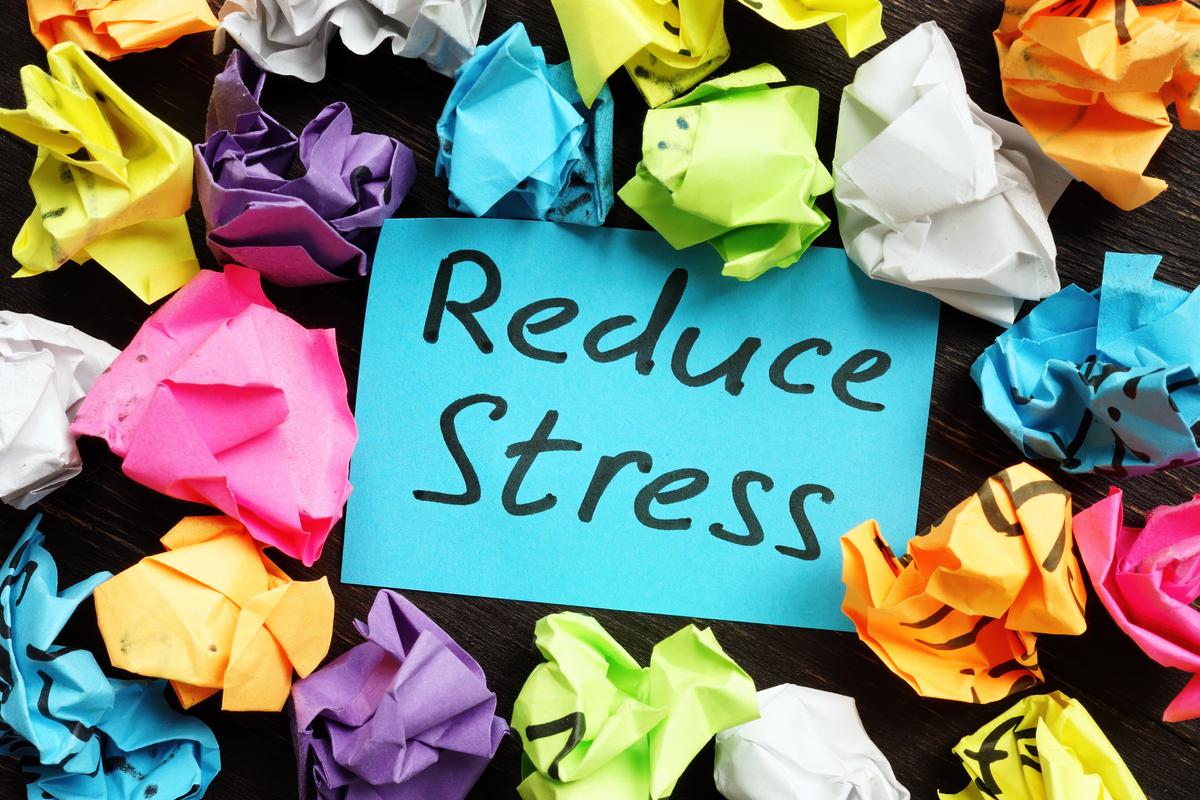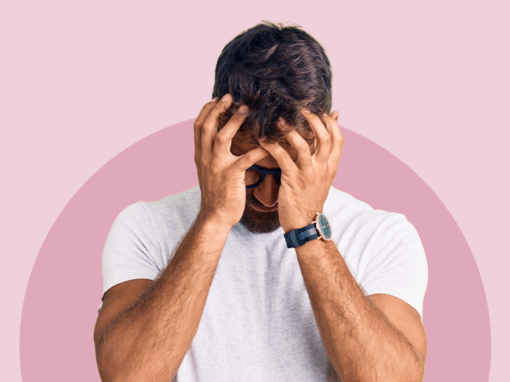It’s no surprise that many of us feel overwhelmed by the ever-increasing pressure we experience daily. If you’re looking for ways to relax and stay grounded, here are 5 great strategies to help reduce stress levels and provide you with greater ease.
What is stress?
Stress is a normal physical response to events that make us feel threatened or upset. When we sense danger — real or imagined — the body’s defences kick into high gear in a rapid, automatic process known as the “fight-or-flight” reaction or the stress response. The stress response is the body’s unique way of protecting you. Working properly helps you stay focused, energetic, and alert. In emergencies, stress can save your life — giving you extra strength to defend yourself, for example, or spurring you to slam on the brakes to avoid an accident.
The stress response also helps you rise to meet challenges. However, your body can’t distinguish between physical and emotional threats. For example, if you’re stressed over an argument with a friend, a work deadline, a mountain of bills, or a bad breakup causing post-breakup depression, your body can react just as strongly as if you’re facing a true life-or-death situation. And if this response gets out of balance, it can have negative effects on your health.
What are the different types of stress?
Stress can be broadly categorised into two types: acute stress and chronic stress.
Acute stress is the most common type of stress, and it is the body’s immediate reaction to a new situation or event. It typically lasts for a few minutes. However, more serious health problems can occur if it becomes chronic.
On the other hand, chronic stress is a longer-lasting form of stress, which can last for days, weeks, and even months. It is usually brought on by prolonged, unresolved problems like poverty or interpersonal concerns and, if not appropriately managed, can have a negative impact on our health.
Now that we know the different types of stress let’s look at the top 5 ways to reduce and release stress.
How to manage stress? Top 5 ways to reduce stress
There are many different ways to manage stress, here are the top five:
1. Get Active
If you’re looking for ways to manage stress quickly, and relieve it, physical activity is something you should try. It has been linked to improved mood, decreased stress levels, and better sleep. Exercise releases endorphins, hormones that help create feelings of happiness and relaxation. Aim for at least 30 minutes of physical activity a day. This could include anything from taking a brisk walk in the park to more vigorous activities such as running or playing team sports.
Exercising also helps to distract us from ruminating thoughts and can help reduce stress. There are many various methods that people utilise, such as yoga or meditation. What are these methods specifically, and how may they improve general health? Here it is.
Meditation helps us take a break from our constantly busy lives and clear our minds from stress or worries. Focusing on breathing helps us become aware of how thoughts enter our minds and how to let them pass without giving them any power. Meditation also helps us to focus on the present moment instead of ruminating over the past or worrying about future events.
Yoga is an incredible way to reduce stress. It combines aspects of physical activity with breathing and relaxation techniques to help us focus on the present moment and be mindful of our bodies. This helps us to let go of any tension that we are holding onto in our bodies, which can greatly reduce stress levels.
2. Connect with loved ones
Social relationships can provide us with an important source of support and help buffer us against stress. Connecting with loved ones helps us to feel understood, valued, and less alone in difficult times. This could include calling a friend or family member or having dinner with them. Connecting with others and talking about feelings can help us to feel more supported and less overwhelmed by life’s struggles. This will help you to manage your stress more effectively.
3. Get enough sleep
Sleep is vital for our physical and mental health, yet many of us are not getting enough of it. Lack of sleep can leave us feeling tired, irritable, and stressed. Aim for at least 7-8 hours of quality sleep each night to recharge and refresh your body and mind.
You can also ensure you have a regular sleep schedule to ensure your body is well-rested. A good, disciplined sleep schedule has been proven to reduce stress levels. Moreover, sleep deprivation negatively affects our mental and physical health. Therefore, it is important to prioritise sleep and stick to a schedule.
4. Manage your time
Having too many tasks to complete and not enough time can cause a great deal of stress. To reduce this, you must learn to manage your time effectively. Create a plan or timetable outlining what needs to be done each day and break down tasks into smaller chunks, so they don’t seem too overwhelming. This will help you to feel more organised and in control which can help reduce stress levels.
5. Seek professional help
It may be beneficial to seek professional assistance if you are experiencing overwhelming stress. A therapist, counsellor, or healthcare professional can help you develop strategies to reduce stress levels and provide support during difficult times. They can also help you identify underlying causes of stress and how to address them healthily.
Conclusion
Stress can be quite overwhelming and difficult to manage, but there are many strategies that you can use to help reduce it. These include physical activities such as exercising, meditation, or yoga; connecting with loved ones for support; getting enough sleep; managing your time effectively; and seeking professional help. Implementing these strategies into your life can make a huge difference in how you feel and provide you with the skills to manage your stress levels more effectively.
Ashwagandha, rhodiola rosea, and phosphatidylserine are some of the best stress-reducing supplements. They can help to reduce cortisol levels and help you manage your emotions better. With the right combination of lifestyle changes, self-care practices, and supplementation, we can all strive for a healthier and more stress-free life.
FAQs About Relieving Stress
1. How can I calm my anxiety fast?
One of the quickest ways to reduce anxiety and stress is to take a few deep breaths. This helps us to slow down our breathing rate, lower our heart rate, and relax our bodies. Other techniques that can help include physical activities such as exercise or yoga, connecting with loved ones for support, getting enough sleep, managing your time effectively, and seeking professional help when needed. It is an incredible way to know how to prevent stress.
2. What vitamins are best for stress relief?
Certain vitamins and minerals have been linked to mood enhancement, stress relief, and improved sleep. These include vitamin B complex, magnesium, omega-3 fatty acids, vitamin C, and zinc. Eating a balanced diet rich in these nutrients can help provide your body with the support it needs to function optimally and reduce stress levels.
3. How do you know if a man is stressed?
It can be difficult to tell if a man is experiencing stress, as men tend to externalise their emotions differently than women. Some common signs to look out for include the following:
- Irritability.
- Difficulty sleeping and concentrating.
- A change in appetite or weight.
- Withdrawing from activities that were once enjoyable.
- Avoiding social situations.
4. Can we cure stress permanently?
While stress can never be completely cured permanently, learning how to manage and reduce its effects is possible, with the right strategies and support from a professional, if needed, stress can be managed to lead a healthier life.
This article is for informational purposes only and does not constitute medical advice. The information contained herein is not a substitute for and should never be relied upon for professional medical advice. Book a consultation with andSons Singapore’s medical team to learn about our well-being treatments here.


